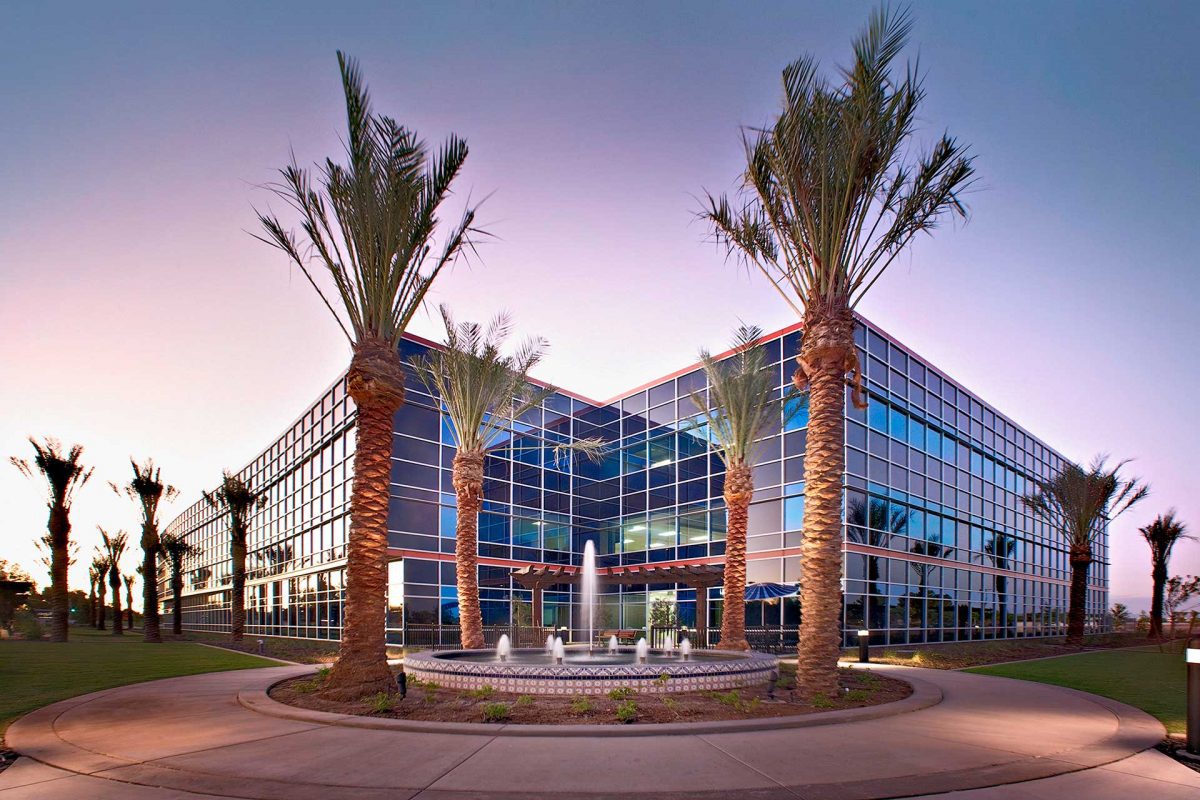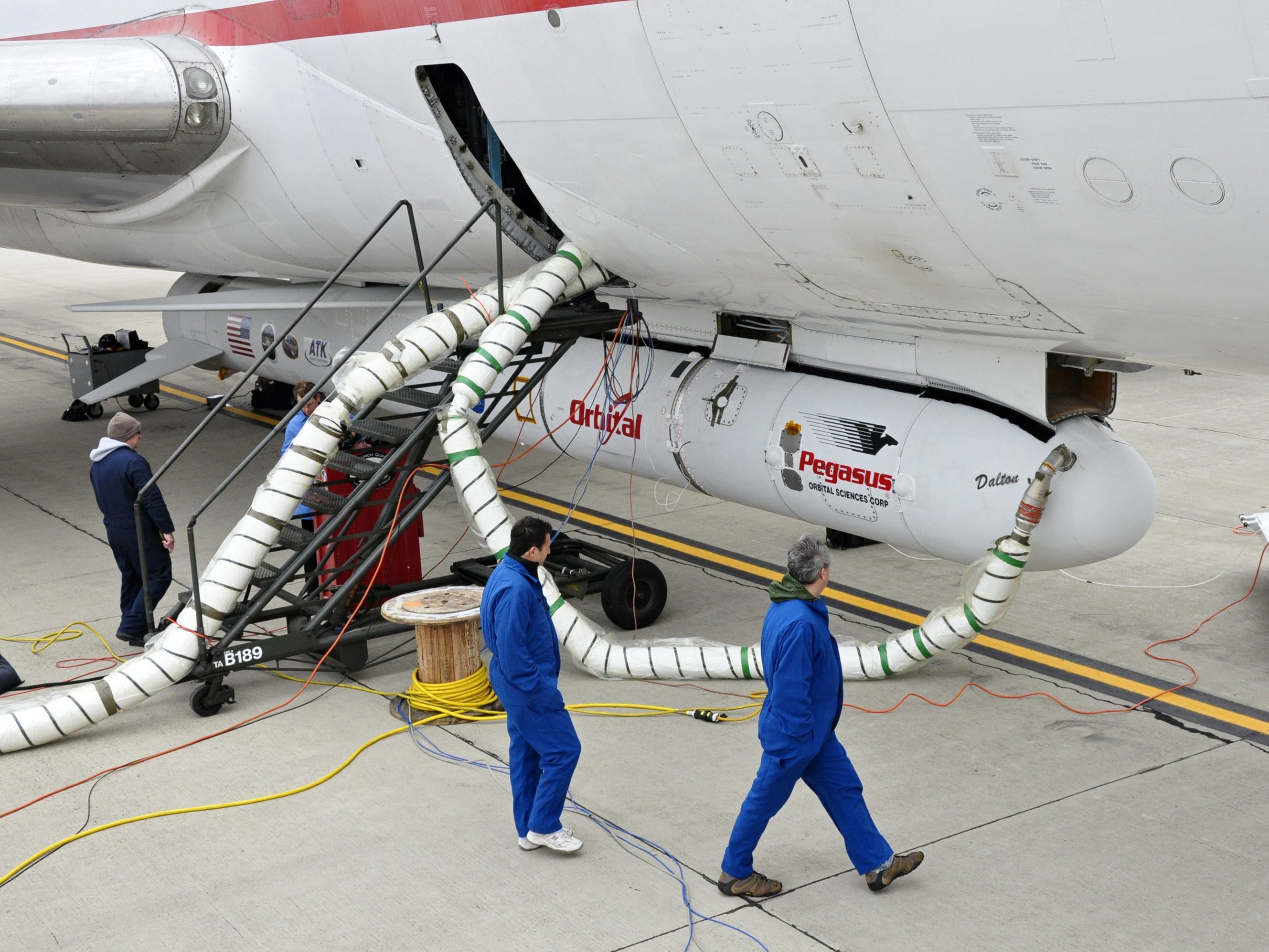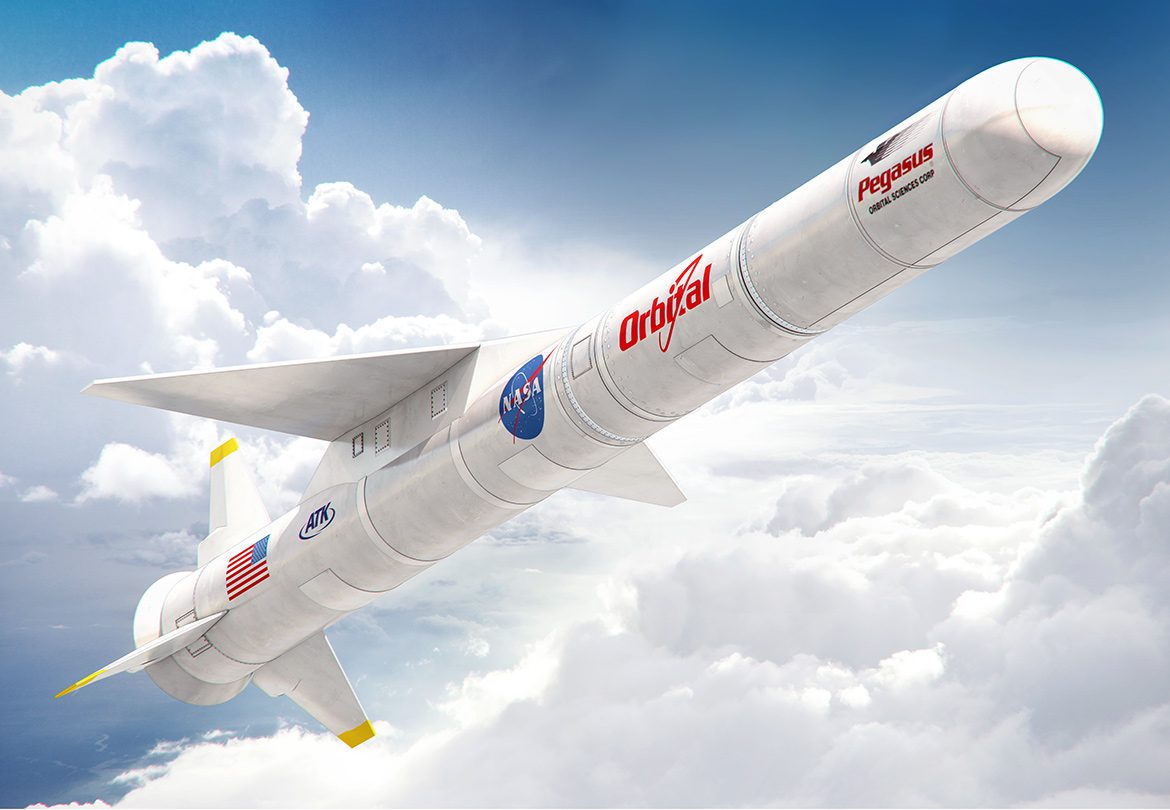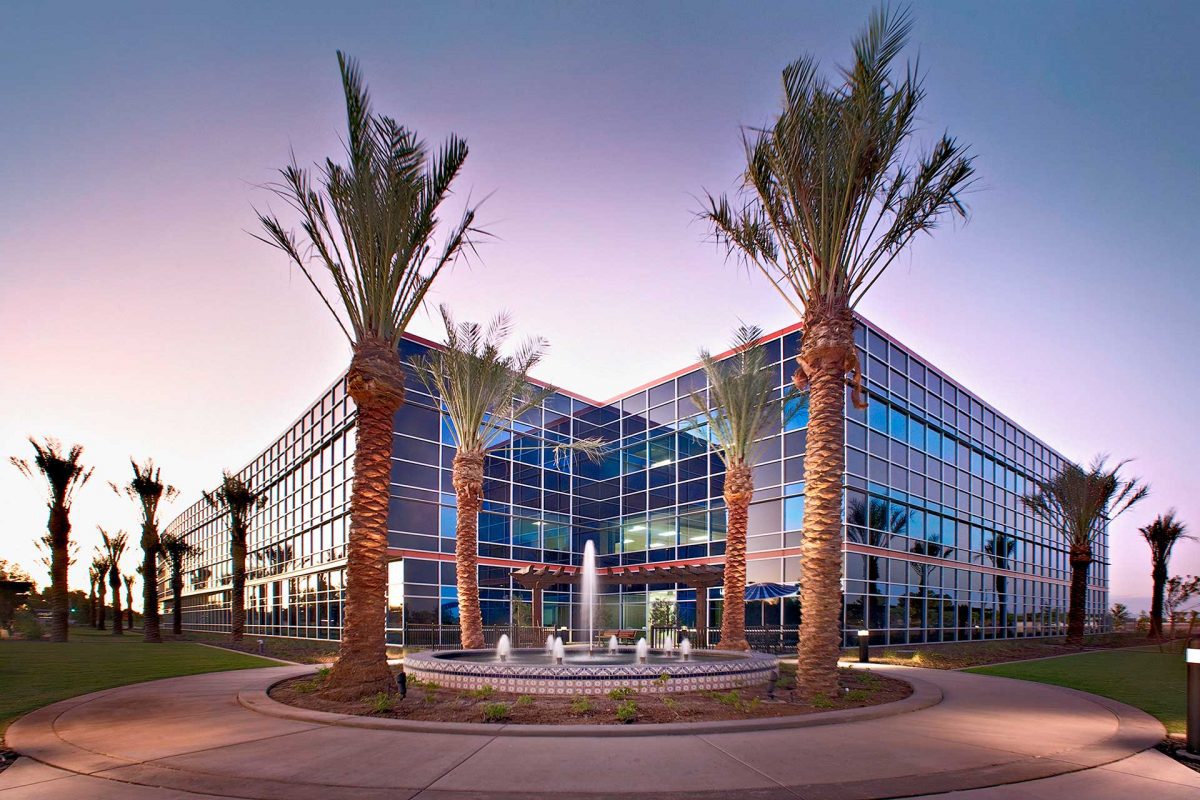
Orbital was headquartered in Dulles, Virginia and publicly traded on the New York Stock Exchange with the ticker symbol ORB. Orbital’s primary products were satellites and launch vehicles, including low-Earth orbit, geosynchronous-Earth orbit and planetary spacecraft for communications, remote sensing, scientific and defense missions; ground- and air-launched rockets that delivered satellites into orbit; missile defense systems that were used as interceptor and target vehicles; and human-rated space systems for Earth-orbit, lunar and other missions. Orbital also provided satellite subsystems and space-related technical services to government agencies and laboratories

On April 29, 2014, Orbital Sciences announced that it would merge with Alliant Techsystems to create a new company called Orbital ATK, Inc. The merger was completed on February 9, 2015. On September 18, 2017, Northrop Grumman announced plans to purchase Orbital ATK for $7.8 billion in cash plus the assumption of $1.4 billion in debt, and on June 6, 2018, the acquisition was completed, and Orbital ATK became Northrop Grumman Innovation Systems. As of January 1, 2020 the name was changed to Space Systems under a large restructuring and rebranding initiative.

Pegasus is an air-launched rocket developed by Orbital Sciences Corporation and now built and launched by Northrop Grumman. Capable of carrying small payloads of up to 443 kilograms (977 lb) into low Earth orbit, Pegasus first flew in 1990 and remains active as of 2019. The vehicle consists of three solid propellant stages and an optional monopropellant fourth stage. Pegasus is released from its carrier aircraft at approximately 40,000 ft (12,000 m), and its first stage has a wing and a tail to provide lift and attitude control while in the atmosphere. Notably, the first stage does not have a Thrust Vector Control (TVC) system.
According to en.wikipedia








